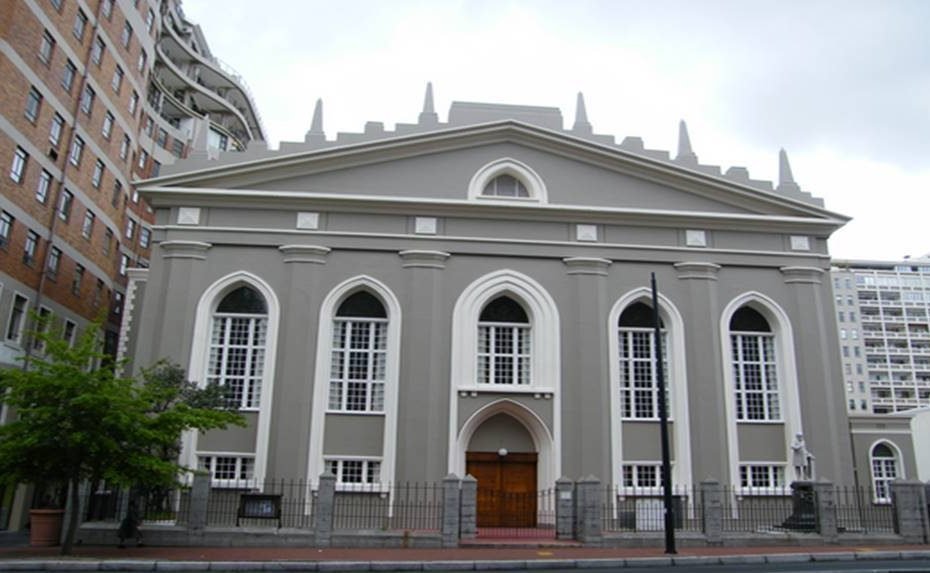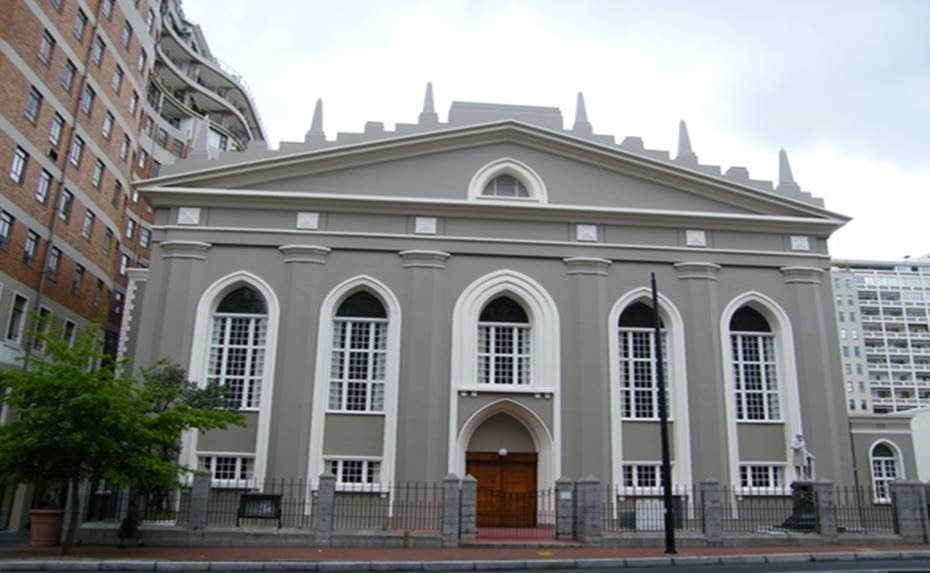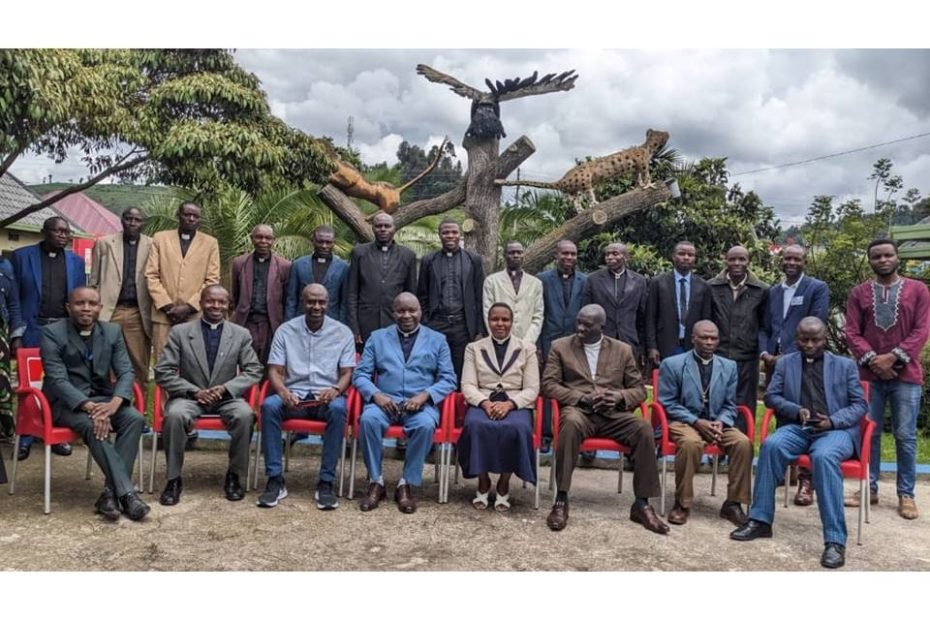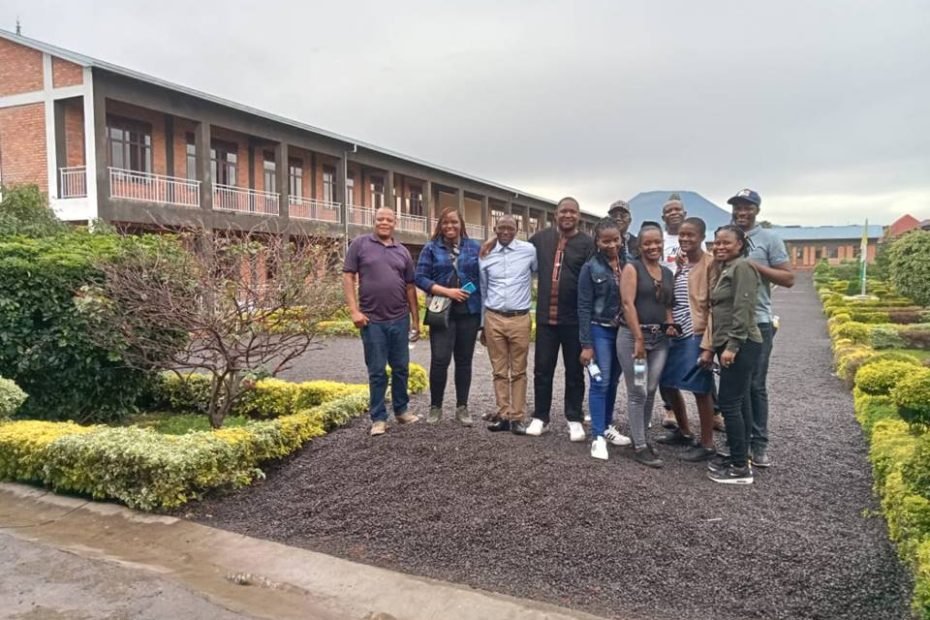






The religion has a significant impact on African people. Africa is a diverse continent with various religious beliefs. Christianity, Islam, and traditional African religions are among the most prominent religions in Africa.
Religion shapes the values and beliefs of African people and influences their daily lives. It also plays a crucial role in shaping African culture, music, art, and literature.
Religious practices such as prayer, fasting, and pilgrimage are widespread in Africa and have a significant impact on people’s lives.
Africa is a diverse continent with various religious beliefs. What are the importance from them regarding development and changing mind?
Religion plays an important role in development and changing minds in Africa. Here are some examples:
- Christianity and Islam both emphasize education as a means for development. Missionaries and Islamic scholars set up schools, hospitals, and other educational institutions, which have helped to improve literacy rates and access to healthcare in many parts of Africa.
- Traditional African religions, which are practiced by many people on the continent, often emphasize the importance of community and social cohesion. These values are important for building strong, inclusive societies that can work together to promote development and change.
- Spirituality is often seen by many Africans as a source of hope and inspiration. In times of hardship and adversity, religious beliefs and practices can provide comfort and strength.
- Religion can also be a powerful tool for promoting social change. For example, many churches and mosques in Africa have been at the forefront of campaigns for social justice, human rights, and environmental sustainability.
- In summary, religion can have both positive and negative impacts on development and changing minds in Africa. However, when harnessed effectively, it has the potential to be a powerful force for good.
Religion shapes the values and beliefs of African people in many ways, and influences their daily lives.
Here are a few examples:
- Morality and ethics: Religious beliefs provide a framework for understanding right and wrong behavior. For instance, most African religions uphold values such as honesty, respect, compassion, and generosity.
- Family and community: Religious practices often emphasize the importance of family and community. For example, many African religions encourage people to care for one another, and to work together to solve problems.
- Daily practices: Many religious practices are integrated into daily life in Africa. For instance, people may pray before meals, attend worship services, wear religious clothing, or observe fasting periods.
- Cultural expression: Religion has a significant impact on African culture, music, art, and literature. Religious beliefs and practices are often reflected in various cultural expressions, such as dance, music, and storytelling.
- In summary, religion shapes the values and beliefs of African people and influences their daily lives in many ways. It is an integral part of African culture, and provides a framework for understanding the world, and for living a meaningful and purposeful life.
Prayer and fasting , religious practices in Africa
Religious practices such as prayer, fasting, and pilgrimage are widespread in Africa and have a significant impact on people’s lives.
Most African governments appreciate the importance of religion in people’s lives and recognize the right to freedom of religion.
However, the degree to which governments support religious practices varies across countries.
Some African countries have established official holidays for religious observances, and may provide financial support for religious organizations or institutions.
For example, in Nigeria, the government provides financial assistance to the annual Muslim pilgrimage to Mecca. In other countries, however, there may be restrictions on certain religious practices, such as restrictions on public prayer or religious dress.
In some cases, governments may also interfere in the affairs of religious organizations, or attempt to control or censor religious expression.
Overall, while most African governments appreciate the role of religion in people’s lives, the degree to which they support religious practices may vary depending on the political and cultural context.
Is it practical to plant a church in Africa?
So, It is important to note that planting a church in Africa requires careful consideration and understanding of the cultural, social, and religious context of the area.
There are various factors that should be taken into account when planning to plant a church in Africa, including the existing religious landscape, local customs and traditions, and the needs and aspirations of the community.
Additionally, it is important to work closely with existing religious organizations and leaders, and to respect the diversity of religious beliefs and practices in the region.
What are the various factors that should be taken into account when planning to plant a church in Africa?
There are several factors that should be taken into account when planning to plant a church in Africa. Here are a few examples:
- Cultural background: Africa is a diverse continent with over 3,000 ethnic groups and many different languages. It is important to understand the cultural background of the people in the area where the church will be planted. This includes customs, traditions, and beliefs that may impact how people view religion.
- Religious landscape: Africa is also home to several religions, including Christianity, Islam, and traditional African religions. Understanding the religious landscape of the area is important to ensure that the church is relevant to the local community.
- Language: Africa has over 1,500 languages spoken across the continent. Language barriers can be a significant challenge for planting a church in Africa. It is important to identify the languages spoken in the community where the church will be planted and to have a strategy for communicating effectively.
- Community needs: Understanding the needs of the local community is crucial for planning a successful church plant. The church should be responsive to the needs of the community, and provide services and support that meet those needs.
- Existing religious organizations: Africa is home to many existing religious organizations and leaders. It is important to work closely with these organizations and leaders to build relationships of trust and respect, and to avoid causing unnecessary conflict or division.
- In summary, planting a church in Africa requires careful consideration of the cultural, social, and religious context of the area, as well as a strategy for meeting the needs of the local community.
- It is important to work closely with existing religious organizations and leaders, and to respect the diversity of religious beliefs and practices in the region.
Comments